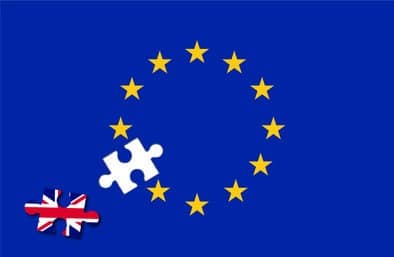Spotting and avoiding scams
The first and possibly best way to avoid scams and mis-selling is to know how to recognise them. However, with fraudsters becoming increasingly sophisticated, this is easier said than done, especially as online advertising often appears to be extremely plausible and professional.
How to spot a scam
From door knocks to cold calls and unsolicited emails, scammers are prepared to employ just about every method of communication. However, there are some simple rules you can follow to help you figure out how to spot a scam:
- To avoid scams, always check email addresses to see if the sender is legitimate. You can expand the pane at the top of the email to check the sender’s address. Scammers’ details often have random numbers, misspellings or odd seeming anomalies in them.
- Use the FCA’s ScamSmart website to check whether the sender is legitimate.
- Beware of schemes promising high returns with no or only low risk – if it sounds too good to be true, it almost certainly is.
- Never trust anyone who seeks to rush you into a quick decision – this is a sure red flag.
- If you have been cold called by someone purporting to be from your bank or other body, hang up and wait at least five minutes before calling them directly, otherwise your phoneline could be ‘hi-jacked’.
- Check the FCA register of regulated companies – if the company is not on it, don’t do business.
- Make sure the company’s web address starts with HTTPS, not just HTTP, which is not as secure. If using a hyperlink from an email, you can check the address by either hovering your cursor over the link or touching the link without clicking. In both cases, the web address (URL) will appear so that you can check out the details.
- Spot and avoid scams by making sure that the company has a physical location in the real world and check its website for a phone number – ideally a landline – then call it to speak to a real person.
How to avoid getting scammed
Spotting irregularities is one thing, but avoiding scams before it’s too late is even more important. Avoid getting scammed by taking the following into account:
- Never respond to unsolicited or unexpected contact. Since January 2019, the government and FCA have placed a ban on cold calling about pensions.
- Never provide information such as PIN codes, passwords and account details to cold callers or email senders.
- Use different passwords for all your accounts and make sure that each one is difficult to guess.
- Do not use public WiFi for sensitive financial transactions or personal information. Only ever use a safe and secure network.
If you have any doubts about a company, a transaction or an online ad, the best advice we have is to STOP and CHECK. If the company or product is legitimate, it will still be available after you have taken the time to think.
Read our recent blog for more information on avoiding scams and Authorised Push Payment (APP) fraud.
Blacktower: regulated financial advice to avoid getting scammed
Blacktower Financial Management (International) Ltd. is a fully qualified and regulated financial advice firm. We help our clients avoid scams so they can plan their pensions and investment portfolios and move with confidence towards a brighter financial and retirement future.
We have offices across Europe, including in France, Spain, Portugal and Germany and have built our reputation managing the wealth of clients for more than thirty years. Contact your local office today for independent expat financial advice, or further information on how to avoid scams.
* https://international-adviser.com/mis-selling-victims-turn-to-uk-government-for-action/?utm_term= Accessed 31-01-2020
Disclaimer: This communication is not intended to constitute, and should not be construed as, investment advice, investment recommendations or investment research. You should seek advice form a professional adviser before embarking on any financial planning activity.
This communication is for informational purposes only and is not intended to constitute, and should not be construed as, investment advice, investment recommendations or investment research. You should seek advice from a professional adviser before embarking on any financial planning activity. Whilst every effort has been made to ensure the information contained in this communication is correct, we are not responsible for any errors or omissions.

